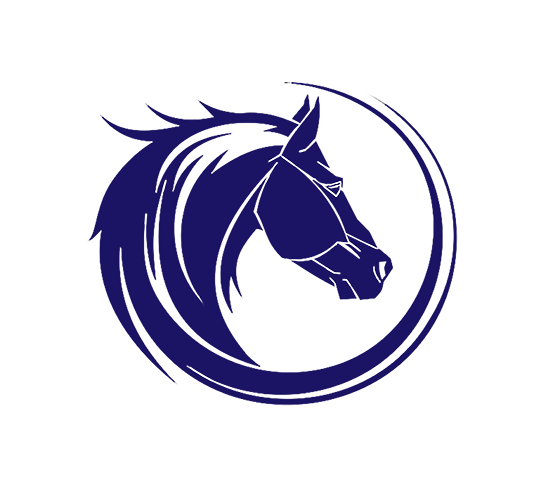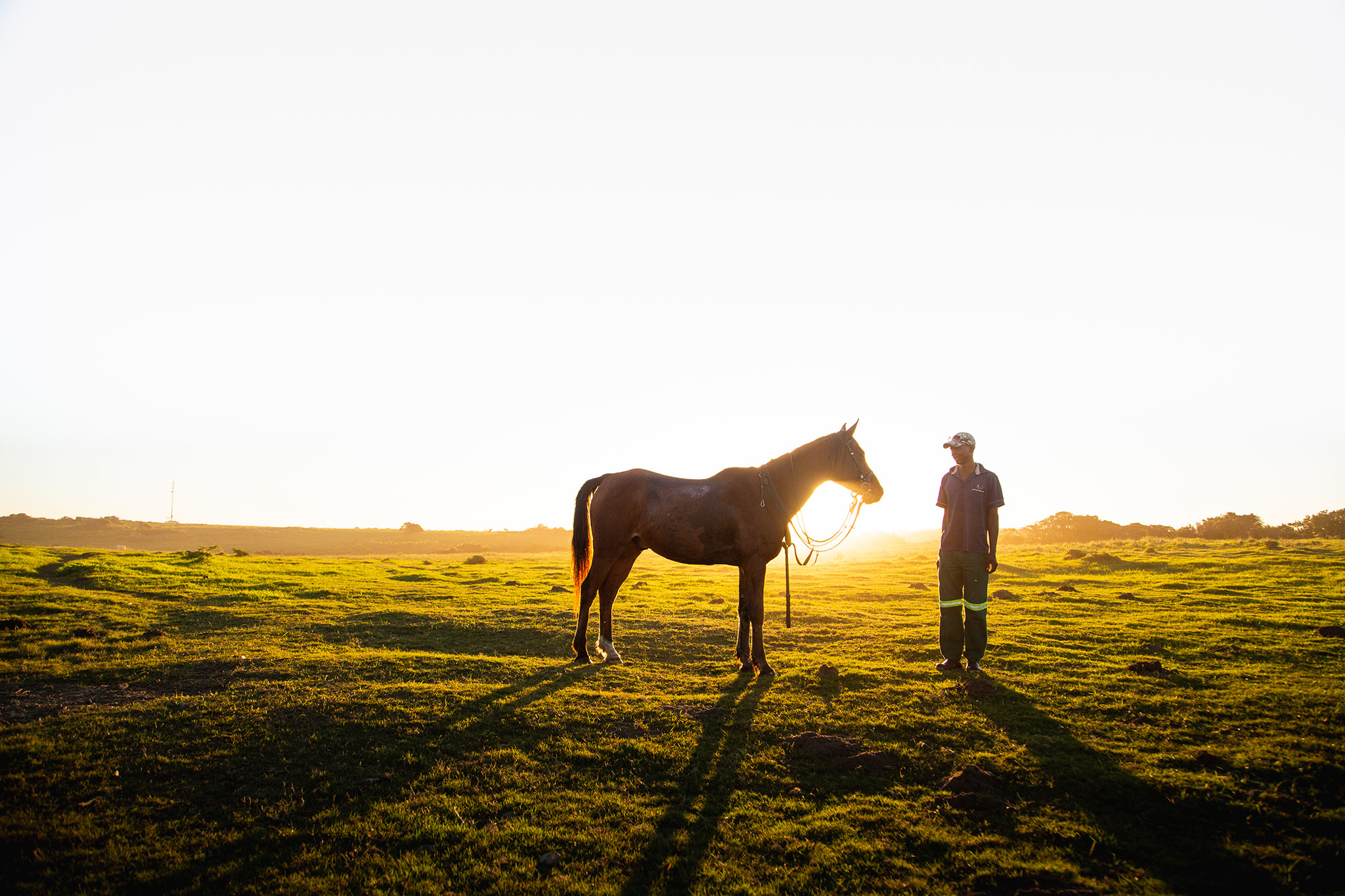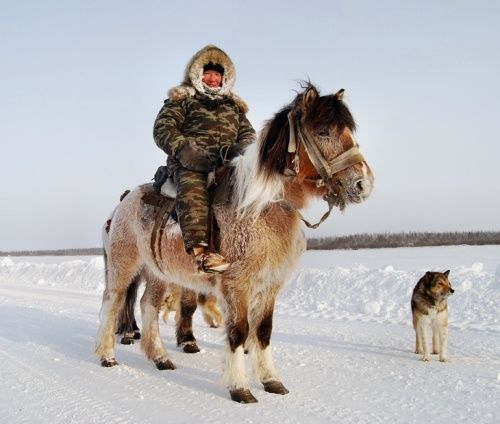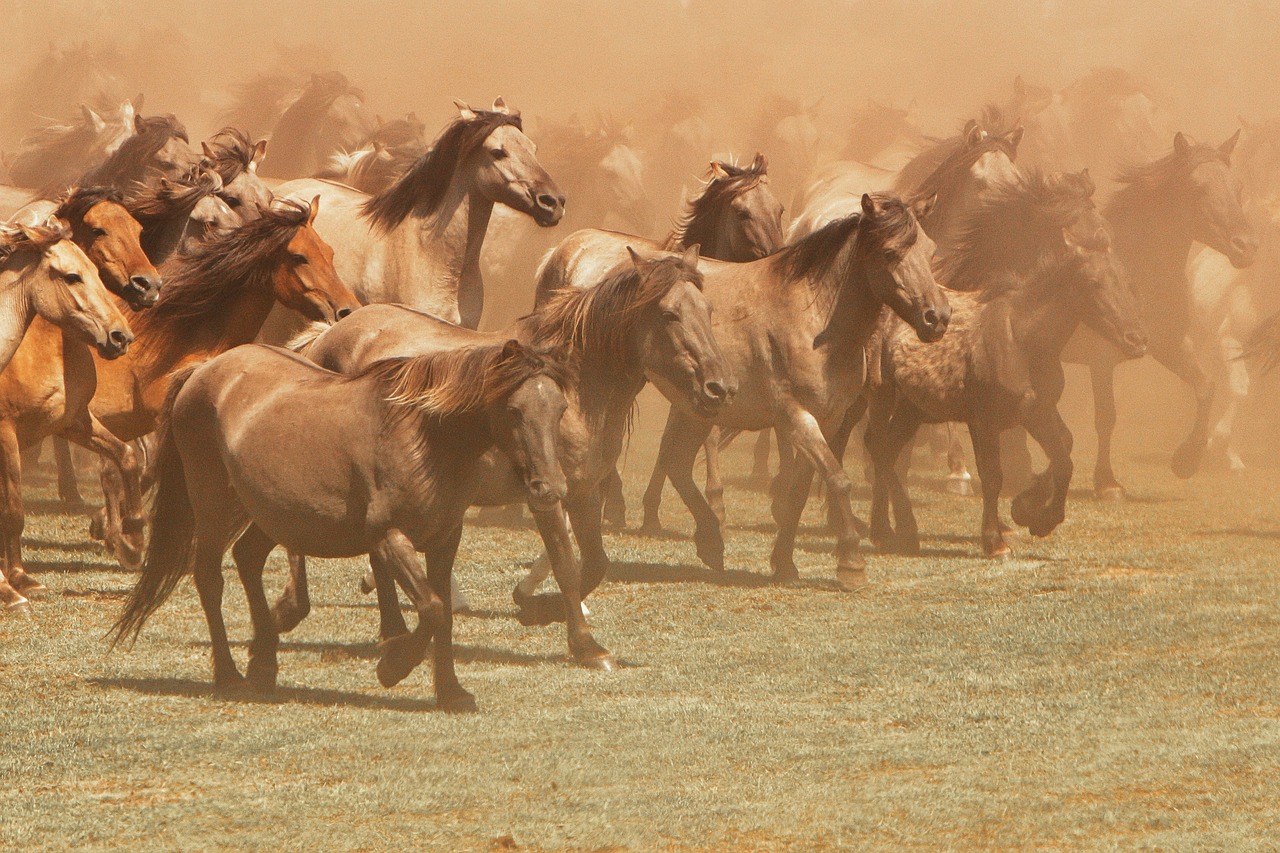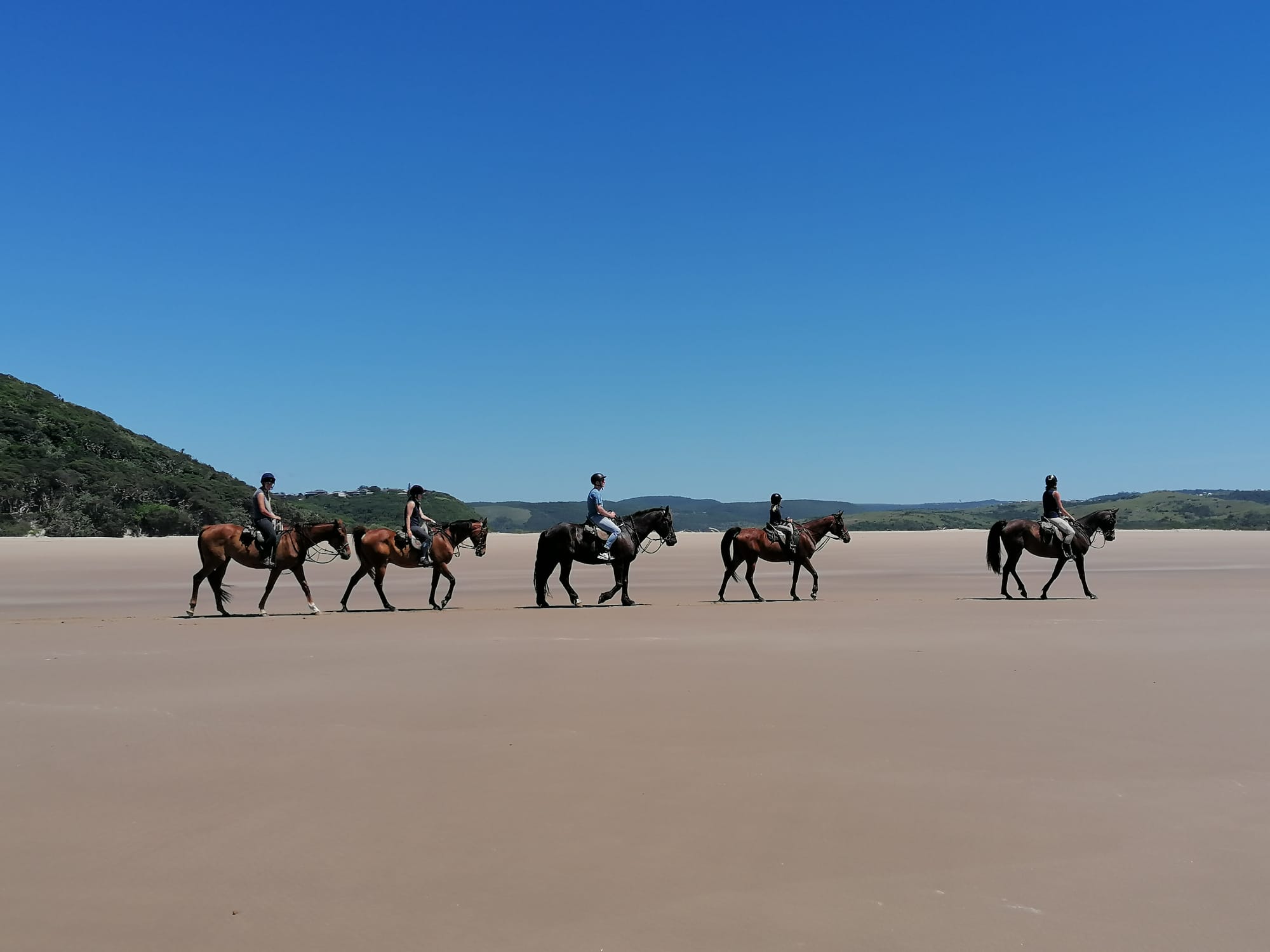Nicky Hoseck
How the World Celebrates
the Spirit of the Horse
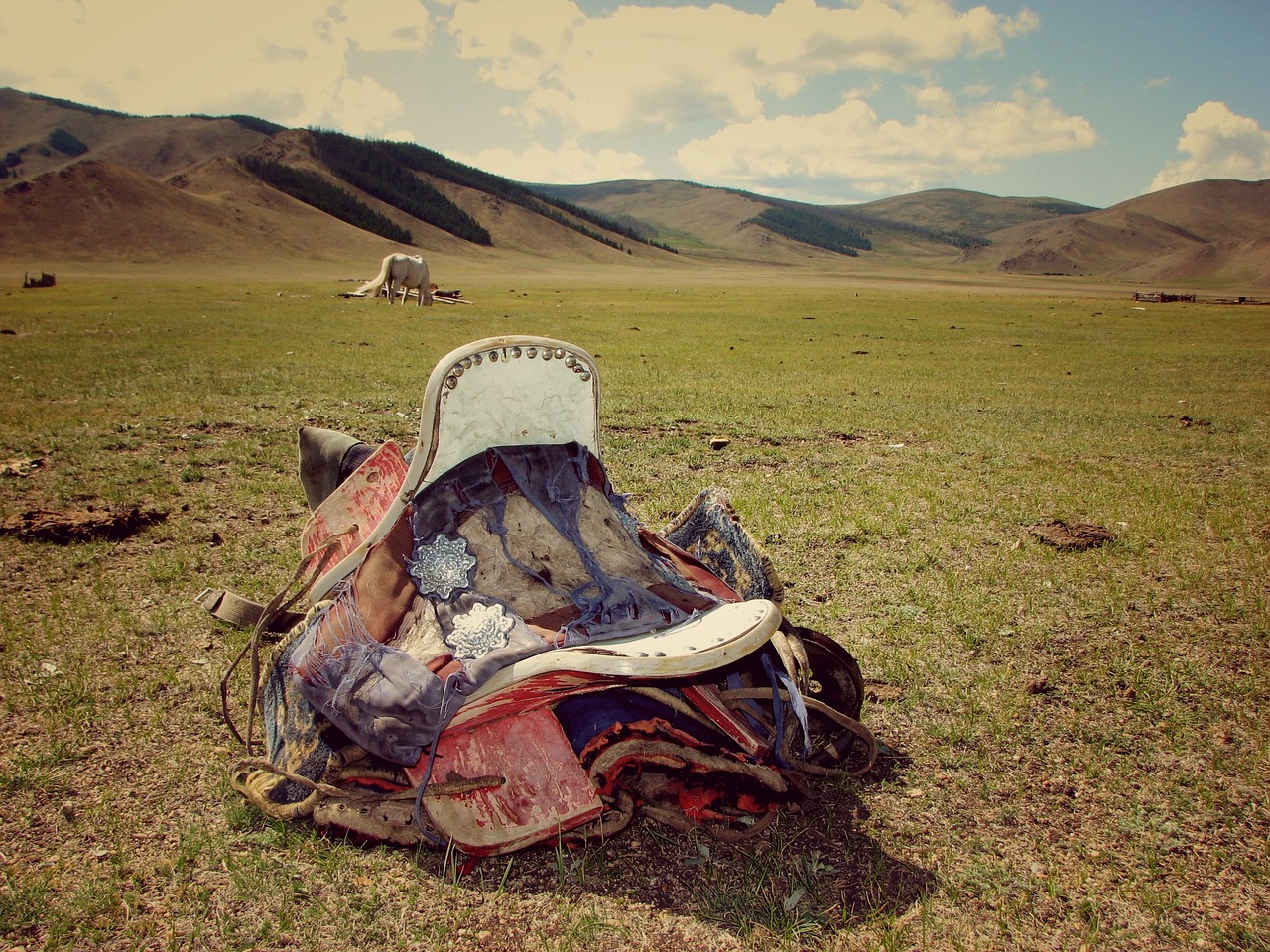
Winter Horse Festival of Mongolia
Mongolia is synonymous with equine culture. It’s a place where horses have been the lifeblood of nomadic survival and national identity for millennia.
With horses playing such a central role in Mongolian culture, it seems almost every day is National Horse Day. Nevertheless, for two days every year, the people of Mongolia’s eastern steppe host a Winter Horse Festival to celebrate their culture and showcase their equestrian skills.
They have much to be grateful for, with horses providing meat and milk as well as transport and entertainment. At the Winter Horse Festival, people show their appreciation of the horse by singing about horses, holding horse races, and parading horses throughout the province of Kentii.
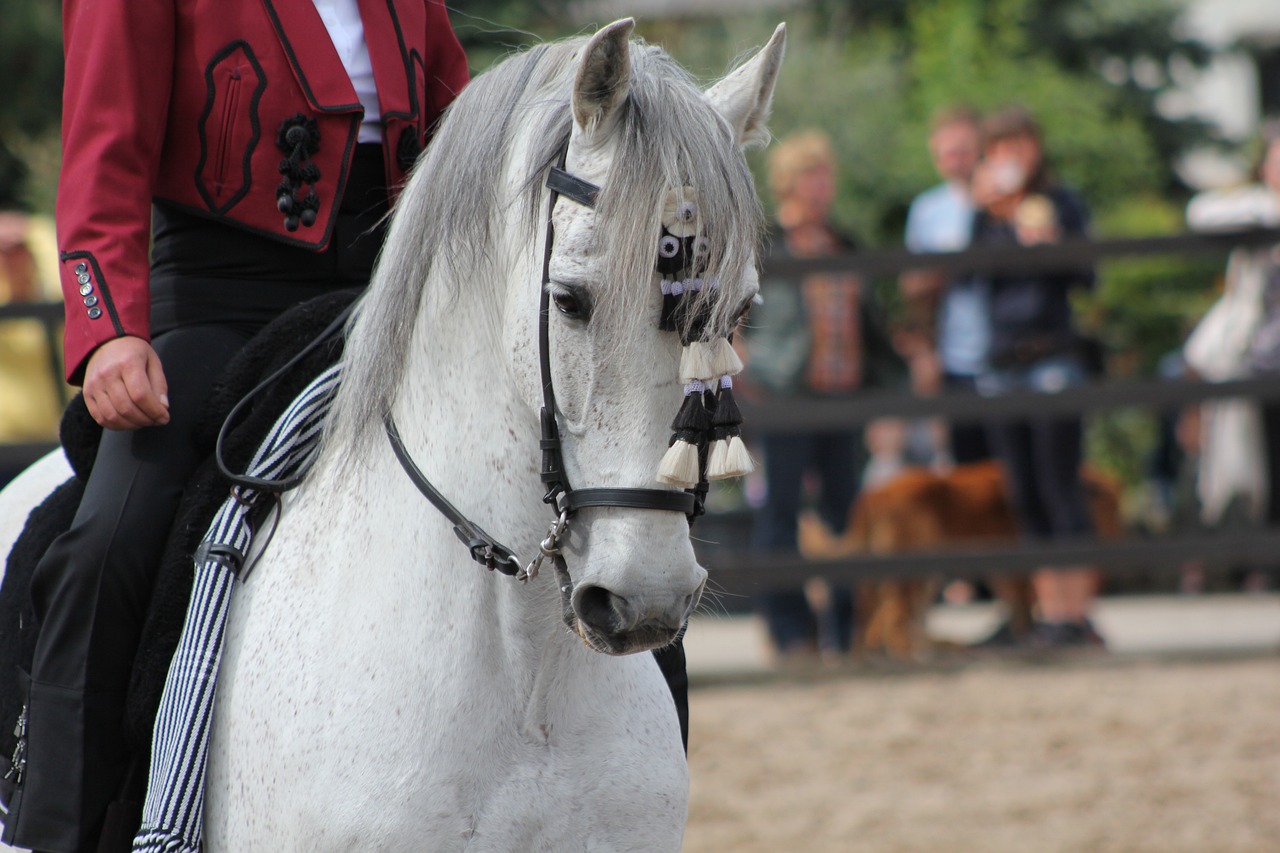
Feria del Caballo, Spain
In Spain, the horse culture has flourished since medieval times, with horses playing an important role in many pilgrimages and festivals. Of all those celebrations, the week-long Feria del Caballo held in Jerez de la Frontera is arguably the most important.
Literally meaning “horse fair,” the Feria del Caballo began as a livestock market in the 13th century but has since evolved into an internationally recognised celebration of the horse.
All activities and events revolve around the region’s equestrian culture, with daily parades, dressage and showjumping competitions, livestock auctions and exhibitions.
A central focus of the festival is the Andulsian or Pura Raza Española - one of the oldest breeds in Europe, having evolved from the ancient Berber horses of the Iberian peninsula. In addition to the Andalusian, the festival also showcases the lesser-known Carthusian or Cartujana breed - another, slighter purer, descendant of the Berber.
The Feria del Caballo is a reminder of Spain’s long equestrian heritage and an opportunity for people to honour the horse's transformative role in Spanish history.
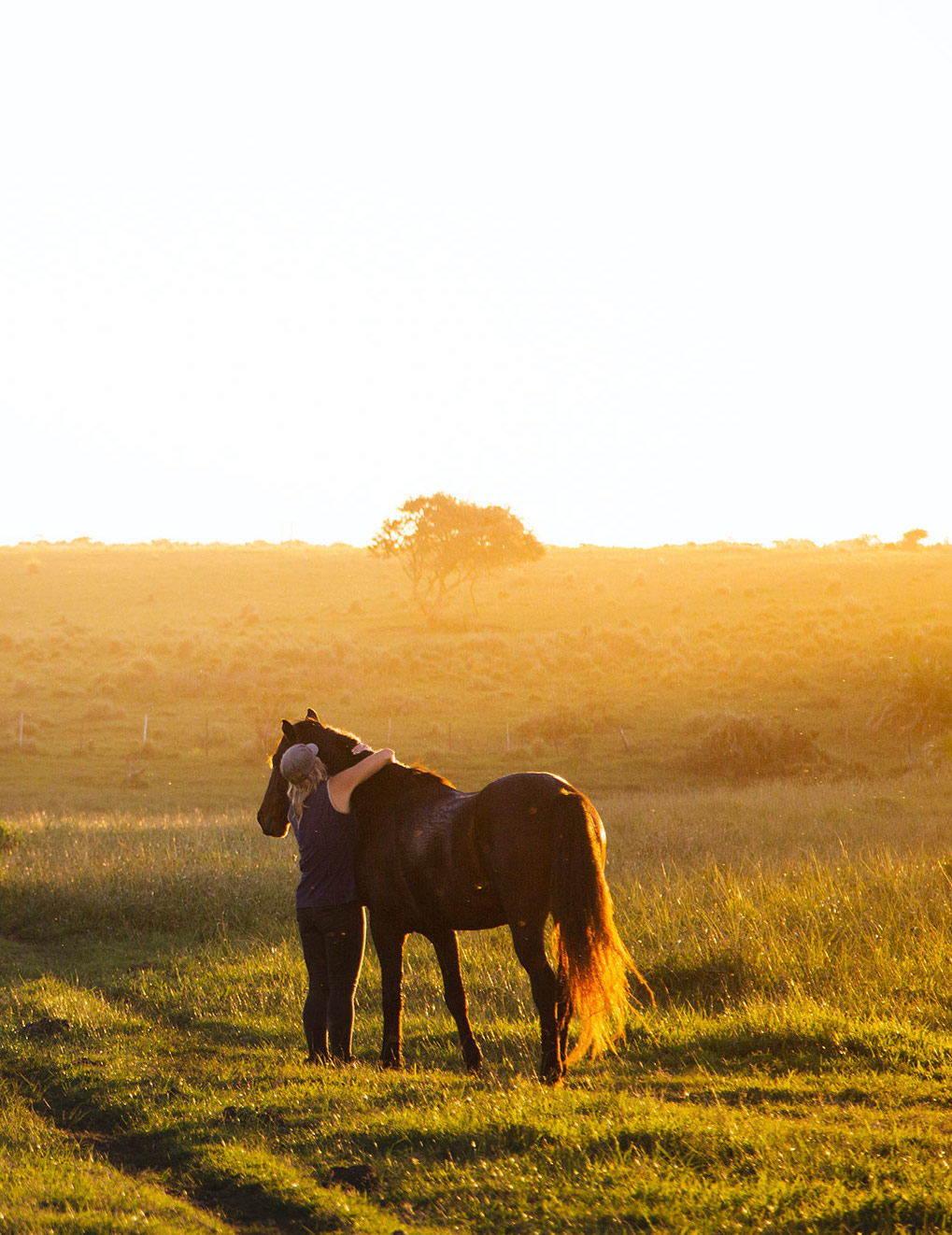
National Horse Day
While National Horse Day also raises awareness about the critical role horses play in our society, it focuses more on their past and current contributions, in terms of agricultural labour, transportation, cultural heritage, and the economy.
Even though the horse’s role in modern society is greatly diminished compared to what it once was, they still contribute a staggering $ 9.2 million to the US Economy! Whether they're ploughing fields, moving livestock, or providing equine therapy, horses have woven themselves into the very fabric of modern society, and rightly so.
There are few animals as versatile, or as connected to humans as the horse. They offer us speed, athleticism, strength, emotional healing, companionship, and a sense of partnership that extends beyond their usefulness.
